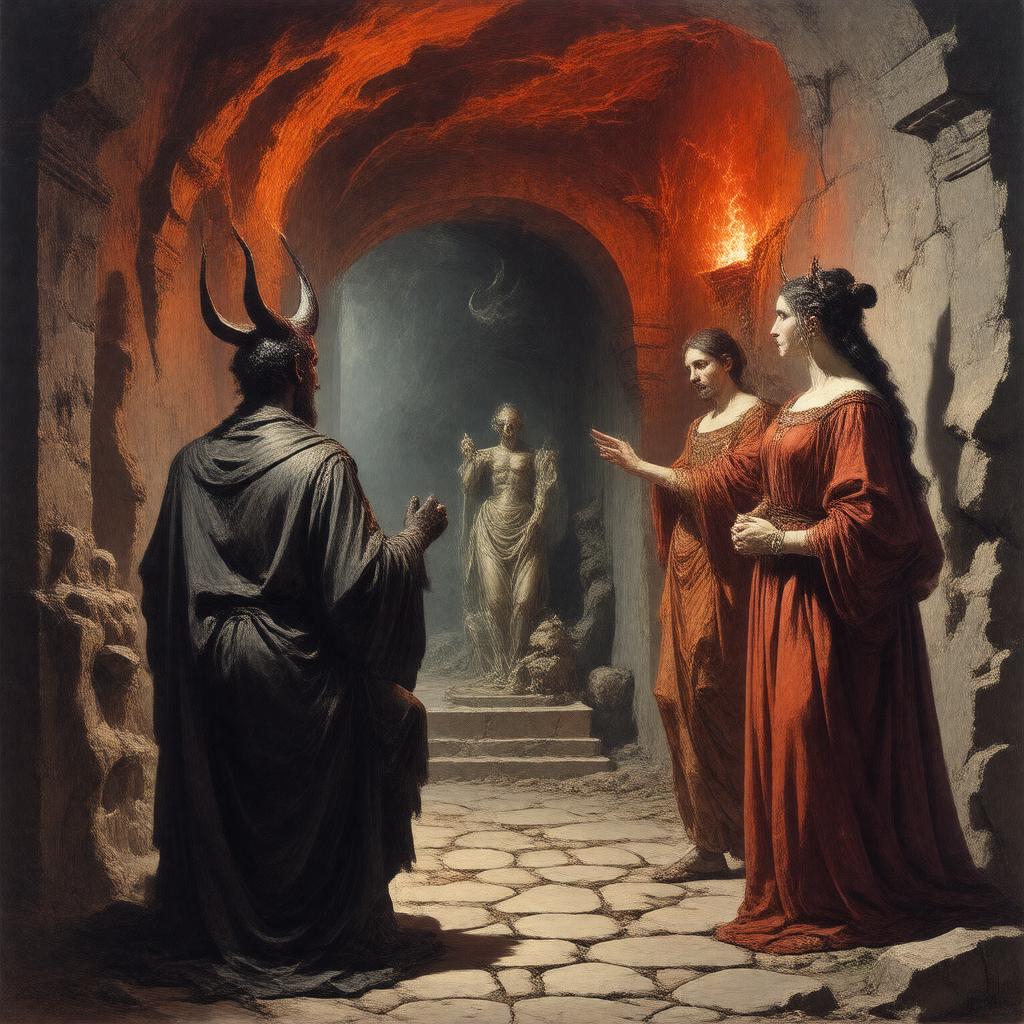
AI-created image
Statements (21)
| Predicate | Object |
|---|---|
| gptkbp:instanceOf |
gptkb:play
|
| gptkbp:author |
gptkb:George_Bernard_Shaw
|
| gptkbp:countryOfOrigin |
gptkb:United_Kingdom
|
| gptkbp:featuresCharacter |
gptkb:Doña_Ana
gptkb:Don_Juan gptkb:The_Devil gptkb:The_Statue |
| gptkbp:firstPerformed |
1907
|
| gptkbp:genre |
philosophical drama
|
| gptkbp:isActOf |
gptkb:Man_and_Superman
|
| gptkbp:language |
English
|
| gptkbp:notableProduction |
1951 staged reading by Charles Laughton
1952 Broadway production |
| gptkbp:partOf |
gptkb:Man_and_Superman
|
| gptkbp:setting |
gptkb:Hell
|
| gptkbp:theme |
philosophy of life
life and death heaven and hell |
| gptkbp:bfsParent |
gptkb:Man_and_Superman
|
| gptkbp:bfsLayer |
5
|
| http://www.w3.org/2000/01/rdf-schema#label |
Don Juan in Hell
|